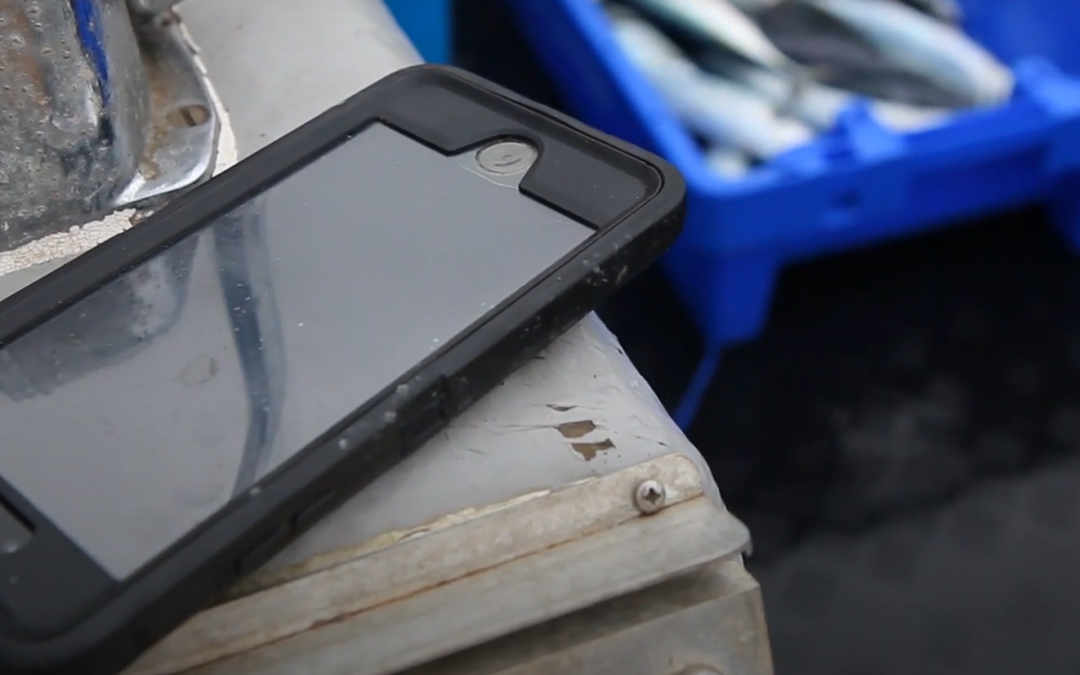Following the enshrinement of the Fisheries Act in law in late 2020, Clean Catch UK has announced the launch of an innovative online Hub which will support collaborative efforts to reduce wildlife bycatch in UK fisheries. The cutting-edge Bycatch Mitigation Hub hosts information on 65 different techniques or devices that aim to reduce interactions between fishing gear and various non-target, sensitive marine species. Whilst the thinking behind the Hub far predates the Fisheries Act, the Hub will support the delivery of the ‘Ecosystem Objective’ within the Act, stating that ‘incidental catches of sensitive species are minimised and, where possible, eliminated’.
Clean Catch UK is a national forum of stakeholders from across the UK Government, fishing industry, research, and NGOs, working collaboratively to reduce wildlife bycatch in UK fisheries. The programme endeavours to be inclusive, fostering trust and expert dialogue between stakeholders, whilst working in partnership with – and led by – fishing communities. Taking a holistic, three-tiered approach, the programme is made up of three groups: the National Steering Group, which focuses on bycatch policy; the Regional Working Group, who assess and interpret study data and exchange scientific expertise; and the Local Focus Group in Cornwall, where fishermen trial techniques and monitor bycatch on-the-water.
The first of its kind for the UK, the Hub brings together fishers’ insights and practical information on how to deploy the techniques, along with scientific study findings, acting as a common reference point for all stakeholders working on sensitive species bycatch.
Dale Rodmell, Assistant Chief Executive of the NFFO, stated:
“No fisherman wants wildlife bycatch and entanglement – which is not only regrettable but costly, as fishing operations can be disrupted and gear damaged. Working out the best strategies to minimise bycatch relies on the sharing of practical knowledge and experience, and applying this to the circumstances of individual fisheries. The Hub represents a critical step in our ongoing efforts to reduce wildlife bycatch, by hosting information from multiple different sources in one place, in an easy, engaging format for fishermen to explore.”
The Bycatch Mitigation Hub has been purpose-built to be easy-to-use and accessible, providing fishers, researchers and the general public with details about possible techniques and devices, in a simple, yet informative manner. The Hub is searchable by gear type – trawl, hook and line, pots and traps or nets – and species – seabirds, marine mammals, and sharks and rays – providing users with personally-tailored results. The information on each mitigation measure has been informed by a combination of peer-reviewed scientific research, international best practice guidelines, and NGO infographics, and includes case studies from fisheries around the world. With only a few of the mitigation techniques proven to be effective, and few having been studied in the UK, the Hub is a ‘starting point’ for users to get in touch with the Clean Catch UK programme and undertake further studies to inform bycatch mitigation here in the UK.
Fisheries Minister Victoria Prentis said:
“The launch of the Clean Catch UK hub will support innovative and collaborative action to reduce fisheries bycatch and entanglement.
The Fisheries Act outlines our intention to minimise and eliminate incidental catches of sensitive species, where this is possible. Alongside Clean Catch UK, we will progress this vital objective, supporting our fishing industry and helping to protect our precious marine life.”
The programme’s Local Focus Group is already studying the effect of acoustic pingers and lights in certain Cornish fisheries, the results of which will be used to update the information on the Hub. As a platform for collaboration and knowledge-sharing, Clean Catch UK welcomes comments and additions from all users and will be continually updating the Hub to reflect new research findings and developments in technologies.
Find out more about Clean Catch UK here: www.cleancatchuk.com


Recent Comments